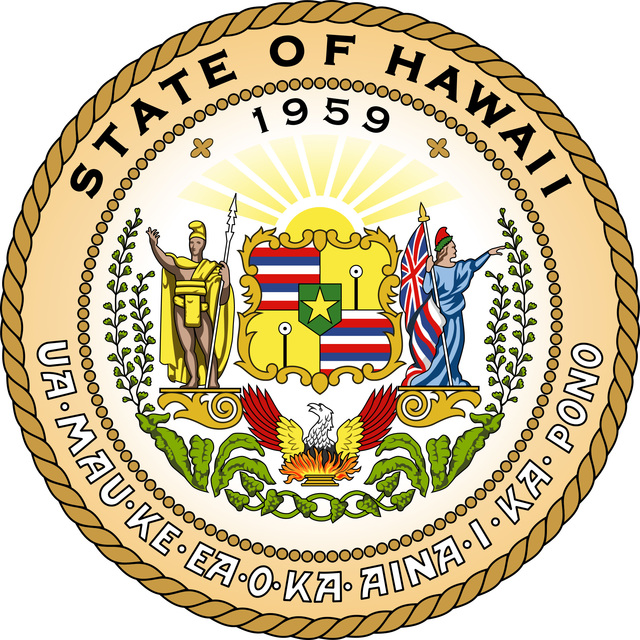HONOLULU — A House panel passed a bill to provide more affordable housing for working families and Hawaii’s most vulnerable, calling for general obligation bonds that would be used to develop homes including micro-housing units. ADVERTISING HONOLULU — A House
HONOLULU — A House panel passed a bill to provide more affordable housing for working families and Hawaii’s most vulnerable, calling for general obligation bonds that would be used to develop homes including micro-housing units.
The bill has broad support from business and nonprofit groups and was passed Monday by the House Committee on Housing. Hawaii needs about 50,000 homes to be built by 2016 to meet demand, according to a state report.
“That’s why our real estate prices are skyrocketing, because of the extreme shortage, so hopefully this will alleviate some of that pressure,” said Rep. Mark Hashem, chairman of the House Committee on Housing.
Statewide, 30 percent of households were considered doubled up or crowded, based on Census definitions, according to a 2011 Hawaii housing planning study.
“We are catching up to decades of neglect of housing,” said Rev. Bob Nakata, co-chairman for the FACE Housing Task Force. “Public housing has not been built nationally for several decades.”
The bill calls for authorization of general obligation bonds for the rental housing trust fund, which provides low-interest loans or grants to qualified owners or developers of affordable housing.
Hashem suggested authorizing $100 million in bonds for the rental housing trust fund. The suggested dollar amounts were added to the committee’s report instead of amendments to the bill. Hashem also suggested $20 million for the dwelling unit revolving fund, which can be used for housing and infrastructure development.
The bill, SB 120, also calls for development of micro apartment housing units, which would be 220-320 square feet and house up to two people. Units would have a closet, kitchen sink, cooking appliances, refrigerator and separate bathroom with a toilet and bathtub or shower. The committee suggested $15 million in bonds for the micro-units.
They also suggested $3 million for the state’s Housing First program, which aims to move chronically homeless people directly into homes from streets and shelters without preconditions.
“Our state’s current Housing First program has been very effective, and has housed 50 households since July of this year,” said Scott Morishige, executive director of PHOCUSED, a group that works to help marginalized and impoverished people in Hawaii.
The bill was supported by pro-business groups including the state Chamber of Commerce and the Building Industry Association. An array of nonprofit organizations also strongly supported the proposal.
That’s unlike a decade ago, when Nakata was working on advocacy for homeless people, he said.
“The attitude of government toward the homeless was basically ‘Please go away and die,’” Nakata said. “We are now in a time period where it’s amazing to sit and to hear all the groups that are now supportive of affordable housing programs.”
The committee also passed SB 477, which would authorize bonds for the development of more public housing units. The committee suggested $35 million for that bill in its report.



